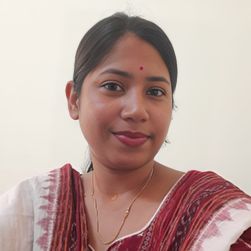Who we are
Home / Who we are
The ASA Story
Governance
At ASA we have a robust governance framework comprising experts who guide and oversee our strategic direction, devise policies, and obtain and allocate resources to mobilize and sustain our core purpose. They are also responsible for ensuring transparency, accountability and effective decision-making across our project landscape.
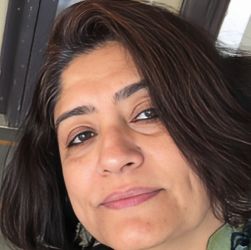
Ms. Prema Gera
Chairperson

Ms. G. Jayanthi
Director and Founder Trustee
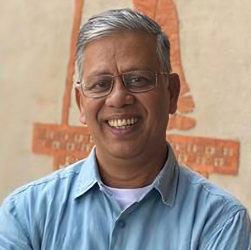
Mr. Ashis Mondal
Founder Trustee
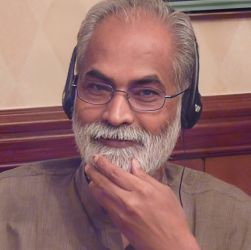
Mr. Binoy Acharya
Trustee
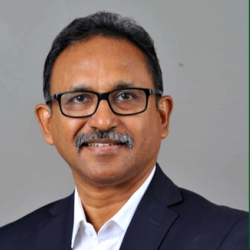
Mr. Jacob Ninan
Trustee

Ms. Soma Dutta
Trustee

Mr. Subrata Dasgupta
Trustee
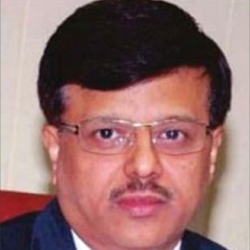
Mr. Subraya Shankar Bhat
Trustee
Leadership
Meet our illustrious leadership team that combines diverse skill sets, vast expertise and steadfast commitment to drive sustainable change and enhance lives. Their vision and passion inspire us to create a lasting difference in the communities we serve. ASA is a strong team of 380 people from the disciplines of agri-engineering, soil and water engineering, agronomy, agribusiness, social work, seed technology, Agro-forestry, horticulture, Finance, communication, MIS, IT, GIS and RST, accounts and human resources.
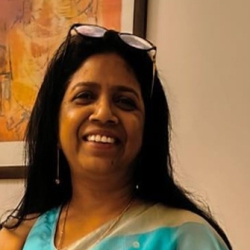
Ms. G. Jayanthi
Director and Founder Trustee
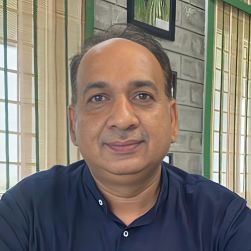
Krishn Kumar Trivedi
Chief Operating Officer
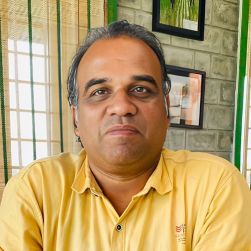
Sheikh Moharram
Assistant Director
Operations
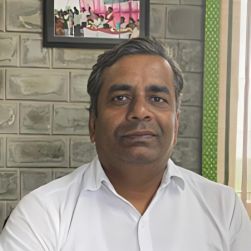
Bhagwan Patel
Programme Director
LWRD

Samim Molla
Programme Director
Training & FPO Support

A.K. Krishnanandan Nair
Sr. Manager
P&A & Legal Advisor

Dr. Varan Singh
Programme Manager
Sustainable Agriculture

Abhishek Mishra
Programme Manager
Financial Inclusion

Mohiuddin Ahmed
Programme Director
Jharkhand & Bihar Operations
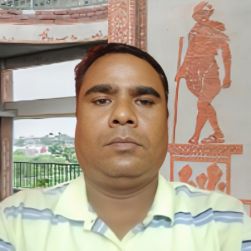
Tutu Sethi
Programme Manager
Odisha Operations
